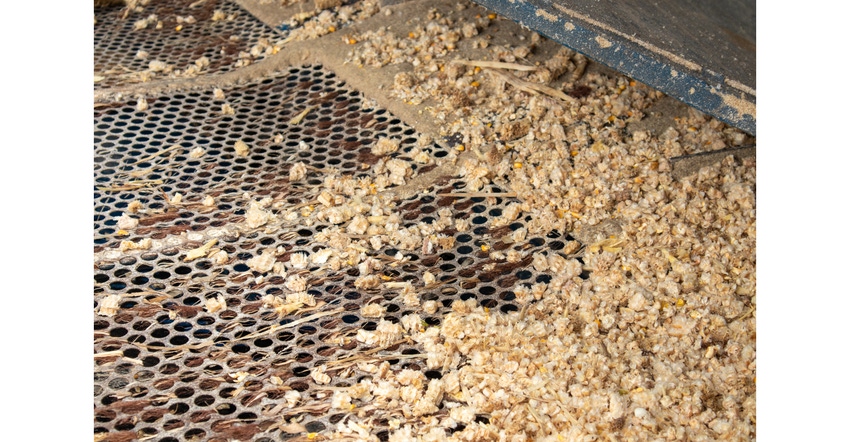Didion Milling Sentenced in Fatal Dust Explosion
A fire spread through the process equipment via interconnected dust collection systems resulting in explosions in some of the dust collection equipment.

A court has sentenced Didion Milling Inc. to 5 years’ probation, a $1,000,000 fine, and $10,250,00 in restitution for a fatal dust explosion at the facility in 2017, reported The US Dept. of Justice.
Five Didion Milling employees were killed in the explosion and others were injured. The explosion was a result of fire in the processing equipment through the dust collection systems, which led to multiple additional explosions. The company pleaded guilty to falsifying records related to its Occupational Safety and Health Act and Clean Air Act obligations to conceal violations from government agencies.
A jury convicted employees Shawn Mesner and Derrick Clark in October 2023. Mesner, a DMI vice president of operations was convicted of a fraud conspiracy and conspiracy to commit federal offenses. Clark, a DMI food safety superintendent, was convicted of conspiracy to commit federal offenses, document falsification in contemplation of a federal investigation, false entries in a record within the US EPA jurisdiction, and obstruction of an agency proceeding.
Didion Milling was required to operate “baghouses,” equipment designed to prevent particulate matter, such as corn dust, from being released into the environment from the corn mill. From at least 2015 to May 2017, Didion Milling employees, including shift workers and shift superintendents, made false entries in the mill’s “baghouse logs,” disguising data meant to monitor and document whether the mill’s baghouse equipment was working properly to filter particulates from the air. Didion Milling’s environmental manager provided baghouse logs for 2015, 2016, and 2017 to environmental inspectors, knowing that they contained false entries.
The company was also required under Occupational Safety and Health Act safety standards to develop and implement a housekeeping program to reduce the accumulation of fugitive grain dust within its corn mill. Didion Milling maintained a “master sanitation schedule” logbook listing each of the required dust cleanings and the specific dates by which the cleanings were supposed to be completed. The sanitation logbook contained spaces for Didion Milling employees to record that the dust cleanings had been performed and that documentations procedures had been followed.
On May 19, 2017, Didion Milling employees falsely initialed, signed, and dated entries in the sanitation logbook for the week of May 1 through May 7, 2017, giving the appearance that the required dust cleanings were performed when they had not been. Didion Milling provided the sanitation logbook containing the false May 2017 dust cleaning entries to the Occupational Safety and Health Administration (OSHA) during its investigation of the May 31, 2017, explosion at the Didion Milling corn mill.
Last September, Didion Milling pleaded guilty in the deadly explosion.
In December, the US Chemical Safety and Hazard Investigation Board (CSB) released its final report into the deadly explosion. CSB determined the cause of the dust explosions and collapsed buildings was the ignition of combustible corn dust inside process equipment, which transitioned to multiple explosions.
The CSB investigation found a key factor that contributed to the seriousness of the injuries was that Didion did not evaluate the risk of fires nor the need for flame-resistant personal protective equipment. Due to this, Didion did not provide personal protective equipment to employees in the mill, some of whom suffered burn injuries during the incident including some fatal injuries.
The CSB’s investigation further found that the company failed to investigate prior incidents at the mill and implement corrective measures to prevent recurrence. Despite several previous fires, no effective corrective measures were taken to prevent fires from happening again.
About the Author(s)
You May Also Like




